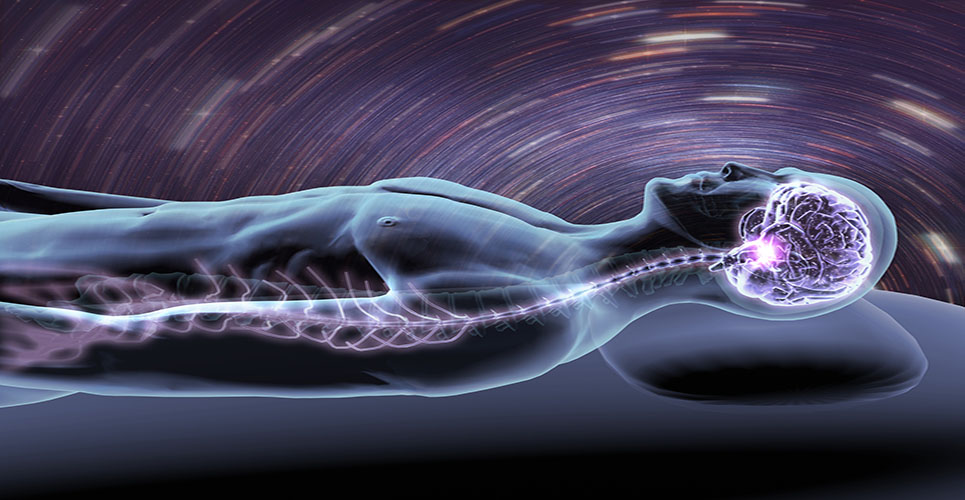teaser
New research into the immune system could offer hope to patients with Huntington’s disease and other degenerative diseases such as Alzheimer’s and Parkinson’s.
The study, led by scientists at University College London, found that people carrying the Huntington’s gene displayed abnormally high levels of molecules called cytokines in their blood many years before the onset of symptoms.
The combinations and levels of cytokines, key to the body’s immune response, could be useful markers to help measure the severity of Huntington’s, making it easier and quicker to test new drugs.
The team, working closely with scientists from King’s College London and institutions in Sweden, the USA and Canada, showed that white blood cells from Huntington’s patients were hyperactive, due to the presence of the abnormal HD gene inside the cell.
This hyperactivity was also seen in microglia (the brain’s immune cells), suggesting that abnormal immune activation could be one of the earliest abnormalities in Huntington’s, and that its signature in the blood could offer a glimpse into the effects of the disease in the brain. Abnormal immune activation could be a target for future treatments aimed at slowing down the disease.
The research was published in the Journal of Experimental Medicine.
Copyright PA Business 2008
Journal of Experimental Medicine

